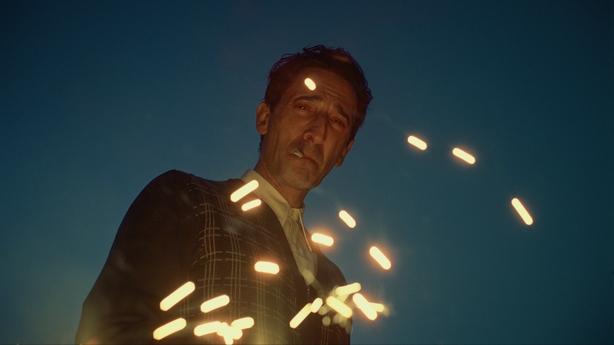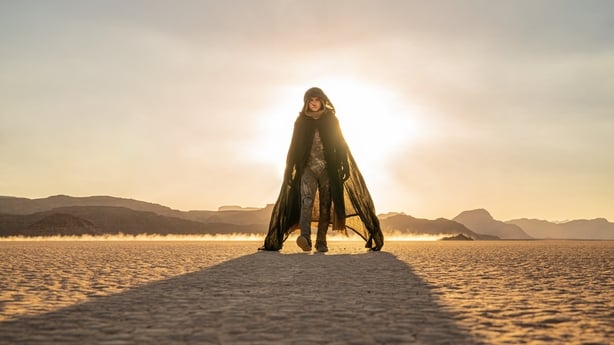Ever fancied having a bash at making your own movie? In a new series, acclaimed filmmaker Paul Duane tells you everything you need to know.
In the latest installment, he tackles the perils of production...
Dealing with your crew
If your film has some budget, you should look up the SIPTU rate sheet, which stipulates the minimum fees allowable. You will discover that the more experienced crews will not work for anything like minimum.
Crew members work their way up from 'trainee' to ‘assistant’ to full Head of Department status, so if you can offer a talented crew member a chance to work above their current grade, so they get experience and a credit, it can help to offset low pay.
You also need to figure out the minimum crew numbers you need, while realising that, for instance, asking one person to do both hair and make-up might slow down the production as only one actor at a time can be dealt with.
Every crew member is important in their own way.

The Electrical Deptartment, for instance, work with the lighting crew and are very important if you are using lights or a generator. Not every domestic electrical set-up is robust enough for film lights. A spark (electrician) might be needed to sign off on the electrics, unless you want to risk a power outage or worse.
Assistant Directors: the First, Second and Third assistants each have very different and equally important roles. Make sure you understand their roles so you can give them the support they need.
The First A.D. breaks down the script with the director to provide a shooting schedule – a list of what scenes will be filmed, in what order, over a particular number of days. An experienced First will know a lot about how a seemingly simple stage direction in the script (ie "all hell breaks loose") will take to film. They should be the calm voice of reason, keeping each department on the film aware of what’s happening, and any reason for urgency or delay. They’re also the eyes and ears of the Director, letting them know if there’s a delay that’s unavoidable, maybe suggesting something that can be done to fill up the time.
A productive crew is a happy crew - nobody likes standing around doing nothing, even if they’re being paid.

The Sound Department’s work is self-explanatory. You will have a Sound Recordist and a Boom Operator. You need to keep them informed about scenes that have more than say two or three actors speaking. The boom mic can only move so fast. A big complicated scene might need more than one Boom Op, or might force the Sound Recordist to rely on radio mics (not something they like to do, for sound quality reasons).
Good sound recordists can be very expensive, but you absolutely need good sound (The Young Offenders, the original film, had two professional crew members – Cameraman and Sound Recordist – for good reason).
A Continuity person is important for maintaining the illusion of seamless reality; they make sure the perfomances, movement and set dressing remains the same for each new camera set-up. If you’re not an experienced director, or don’t have an experienced crew, it might not be the right area to save money in.

A good Catering person is key. Getting decent food ready for your crew first thing in the morning and again at lunchtime is a LOT of work. Don’t skimp on it, and treat your caterers with great respect if they are delivering for you. Thinking about crew members with particular dietary needs will get you a lot of credit. Where your catering crew prepare and serve the food needs to be figured out way ahead.
Rest time is crucial, no matter how busy the schedule. Sometimes you will have a day’s shooting that starts and finishes late (for instance, because it takes place at night). If you work late, it is your responsibility to make sure the crew gets an adequate break before the next crew call.
There are mandatory rest hours – they are there for a reason – exhausted people should not be driving, it is dangerous, and the most important thing is not the movie – it’s making sure nobody gets hurt because they’re making the movie.
Safety is key, as recent events in Hollywood have shown.
To be continued...
